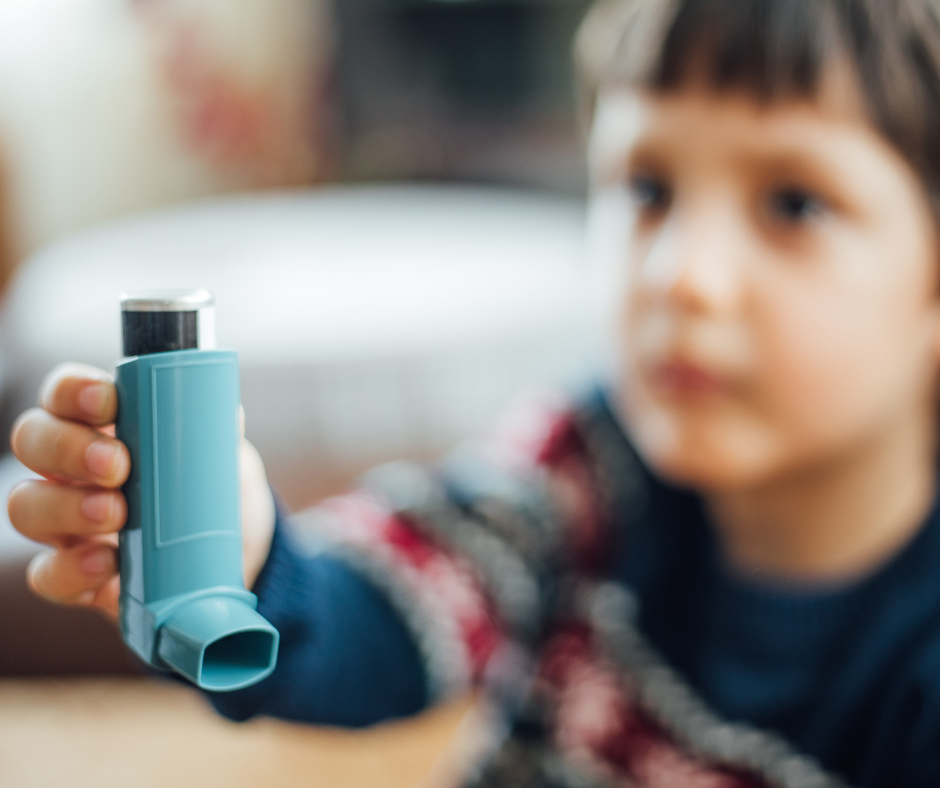Childhood bronchitis and lung disease in adults linked
July 2022
Discovering answers to questions is a fundamental part of any medical research trial. However, some take longer to answer than others.
In the 1960s, Tasmanian researchers were observing a sharp rise in asthma. They wanted to know why.
This question led to the establishment of the Tasmanian Asthma Study in 1968, which has since grown into the world's largest and longest-running study on respiratory health.
The Tasmanian Longitudinal Health Study followed 8,583 people who were born in Tasmania in 1961 and started school in 1968.
Since then, samples of this cohort have been followed up over time as part of an internationally recognised research program into respiratory health and chronic pulmonary diseases, with 45,840 participants.
In June, a paper from this study was published in the prestigious BMJ Open Respiratory Research.
It reported that children who had bronchitis at least once before the age of seven were more likely to have lung problems in later life.
Researchers from the Allergy and Lung Health Unit at the University of Melbourne also established that children who had bronchitis at least once before the age of seven were more likely to have lung problems in later life.
Lead author Dr Jennifer Perret said it was the first time a long-term prospective study has examined the relationship between childhood bronchitis severity with adult lung health outcomes.
She said studies like this are helping to document the potential for symptomatic children to develop lung conditions, such as asthma, up to mid-adult life.
Researchers established the link between childhood bronchitis and adult lung problem by surveying the original participants when they joined the study.
Participants were then tracked for an average of 46 years with 42 per cent completing another questionnaire, including doctor-diagnosed lung conditions and a clinical examination, between 2012 and 2016.
It was during this segment of the study that the Clifford Craig Foundation became involved.
Led by chief investigator Dr Haydn Walters, a medical research grant worth almost $100,000 funded the laboratory testing conducted on the North and North-West Tasmanian probands.
Other significant findings to have come from TAHS publications, based on more than four decades of data include that breast-fed infants are less likely to develop asthma in childhood, and that hayfever, pneumonia and obesity in childhood all lead to a likely development of asthma in adulthood.
Researchers hope the study will help doctors identify children who could benefit from more careful monitoring and earlier interventions to keep them in better health into mid-adult life.

